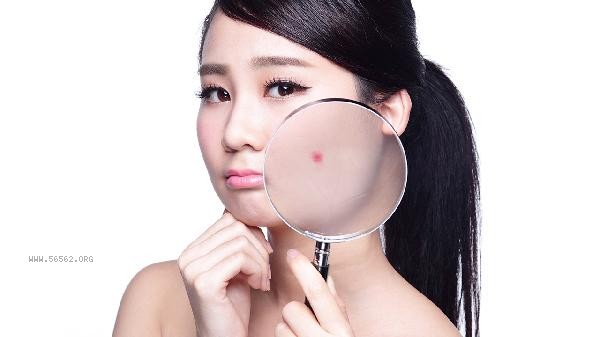At the age of 17, facial thinness can be improved through adjusting dietary structure, scientific muscle building training, and regular sleep patterns. Facial emaciation may be related to genetic factors, insufficient nutrient intake, rapid metabolism, poor chewing habits, and developmental characteristics during puberty.

1. Adjusting dietary structure
Increasing the intake of high-quality protein can help promote facial muscle synthesis. It is recommended to consume moderate amounts of eggs, milk, fish, and other foods daily. Choose whole grains and potatoes for carbohydrates to avoid excessive refined sugar and imbalanced fat accumulation. Nut based foods contain healthy fatty acids, and moderate supplementation can help improve facial contours.
2. Scientific muscle building training
Moderate exercise targeting the masseter and zygomatic muscles can enhance facial plumpness, such as blowing balloons and chewing sugar free gum. Whole body strength training can promote the secretion of growth hormone, and it is recommended to engage in moderate intensity resistance exercise three times a week. Timely supplementation of protein and carbohydrates after exercise helps with muscle repair and growth.
3. Regular sleep management
Ensuring 7-9 hours of high-quality sleep every day helps with the normal secretion of growth hormone. Avoid staying up late and excessive fatigue, and reduce the impact of cortisol on muscle breakdown. Establish a fixed meal schedule to avoid nutrient malabsorption caused by irregular sleep patterns.

4. Nutritional supplementation strategy
Under the guidance of a doctor, moderate supplementation of vitamin B and zinc elements can be provided, which are involved in protein synthesis and metabolism. Whey protein powder can be used as a dietary supplement, but the daily total protein intake should not exceed 2 grams per kilogram of body weight. If necessary, consult a nutritionist to develop a personalized weight gain plan.
5. Medical evaluation intervention
If accompanied by underweight or developmental delay, pathological factors such as hyperthyroidism and digestive and absorptive disorders should be investigated. Orthodontic treatment can improve facial asymmetry caused by bite problems. In rare cases, medical cosmetic methods such as hyaluronic acid filling can be considered, but minors should choose carefully. The facial contour changes during puberty are a normal physiological phenomenon, and it is recommended to naturally improve them through a balanced diet and moderate exercise. Avoid excessive focus on appearance and adopt extreme weight gain methods. It is advisable to increase daily calorie intake by 300-500 calories. Parents should pay attention to their children's mental health and help establish positive body image awareness. If the body mass index is below the normal range or accompanied by other abnormal symptoms, timely medical examination should be sought to rule out potential diseases.









Comments (0)
Leave a Comment
No comments yet
Be the first to share your thoughts!